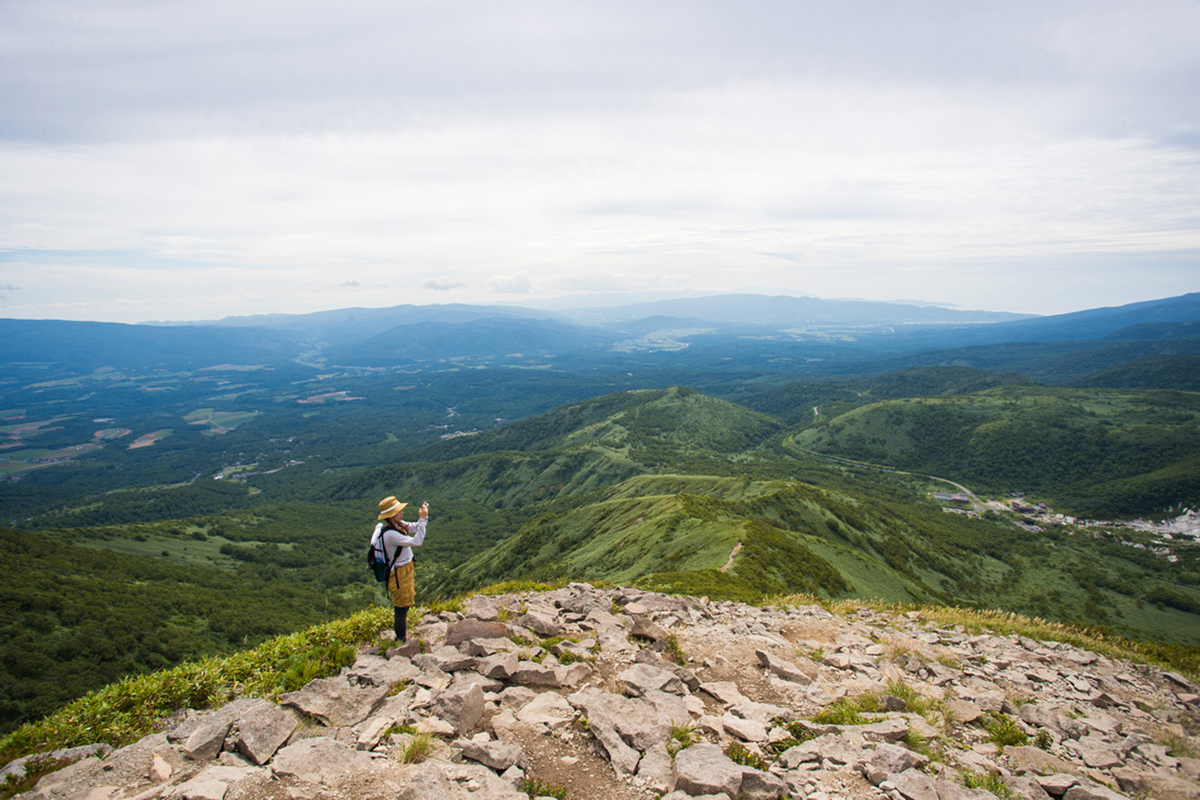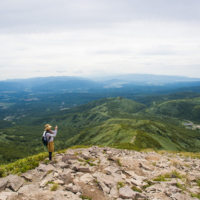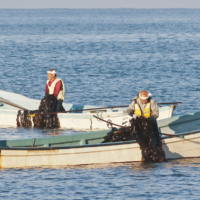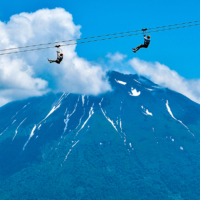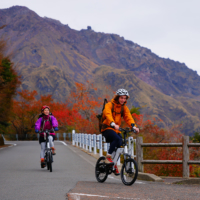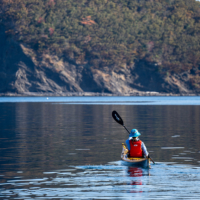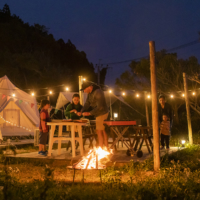Adventure tourism has become an increasingly popular travel option for people looking for something more than a vacation, and the industry has expanded to meet demand for “sustainable travel,” a category that includes meaningful experiences for travelers and real benefits for their destinations.
Providing support to businesses throughout the industry, the 2023 Adventure Travel World Summit will kick off on Sept. 11 and run through Sept. 14 at the Sapporo Convention Center in Hokkaido. This will be the first time for the Adventure Travel Trade Association to hold the summit in Asia, with Hokkaido providing the setting for ATTA members to experience firsthand the natural and cultural beauty of Japan.
Summit organizers expect to welcome an estimated 800 participants representing the many facets of the adventure travel industry, from tour operators and travel writers to destination representatives and thought leaders, as they gather from across the globe to explore trends, share ideas and make new connections to strengthen their networks. The scheduled events include lectures, panel presentations, a destination marketplace connecting buyers and suppliers, “Day of Adventure” options designed for participants to experience what certain regions have to offer, and a session with international writers and editors to discuss ideas for potential articles and stories meant to highlight exciting adventures and provide an introduction to this popular style of travel.
Defined by ATTA as travel that involves physical activity, a connection to nature and the environment, and an immersive cultural experience, adventure travel can be as simple as a homestay in an unfamiliar culture, or as extreme as scaling a mountain. What distinguishes it from other forms of travel is the focus on programs designed around five concepts: novel and unique experiences, self-transformation, physical or mental challenges, wellness and low environmental impact.
Venturing outside their physical comfort zone by choosing challenging activities such as trekking, mountain climbing or canoeing offers adventure travelers tangible benefits — an endorphin boost, improved physical fitness, reduced stress and higher self-confidence. Yet, adventure travel isn’t solely about people conquering peaks and pushing their bodies to the limits. It’s equally about stepping beyond their psychological comfort zone. Choosing adventures that place them in unfamiliar cultural situations allows travelers to broaden their perspective, gain an appreciation for diversity and increase their connection to and interest in different cultures, peoples and languages.
Beyond the individual benefits, adventure tourism has a positive impact on travel destinations. It brings economic benefits to communities where travelers lodge, dine and buy goods and services, as well as provides employment for residents. While such benefits can be expected to apply to any destination, they are especially meaningful in rural or remote areas where economic opportunities may be limited. As many of the most popular adventure destinations are also in some of the poorest countries in the world, adventure travel promotes government investment in local infrastructure that benefits residents as well as travelers.
While it might be argued that adventure travel started with the migration of homo sapiens from Africa to Europe and Asia some 60,000 years ago, or Leif Erikson sailing to North America around the year 1000, or Lewis and Clark’s expedition in 1804, adventure travel as it is commonly known today might be traced back to Maurice Herzog’s expedition to conquer Nepal’s Mount Annapurna in 1950 and Edmund Hillary and Tenzing Norgay’s success on Mount Everest in 1953. Since then, adventure travel has grown into a major segment of the broader industry. The global adventure tourism market reached $367 billion in 2022, and is expected to grow to an impressive $4.6 trillion by 2032.
According to ATTA, adventure travelers spend more than twice the amount that leisure travelers do. The immediate benefit of bringing the Adventure travel summit to Hokkaido is the influx of cash into the local economy as the 800 participants exercise pre- and post-summit program options to explore what the area has to offer. The long-term benefits the summit is expected to yield, however, are increased interest in Hokkaido as an adventure travel destination after ATTA members learn about its programs through tours and build local networks.
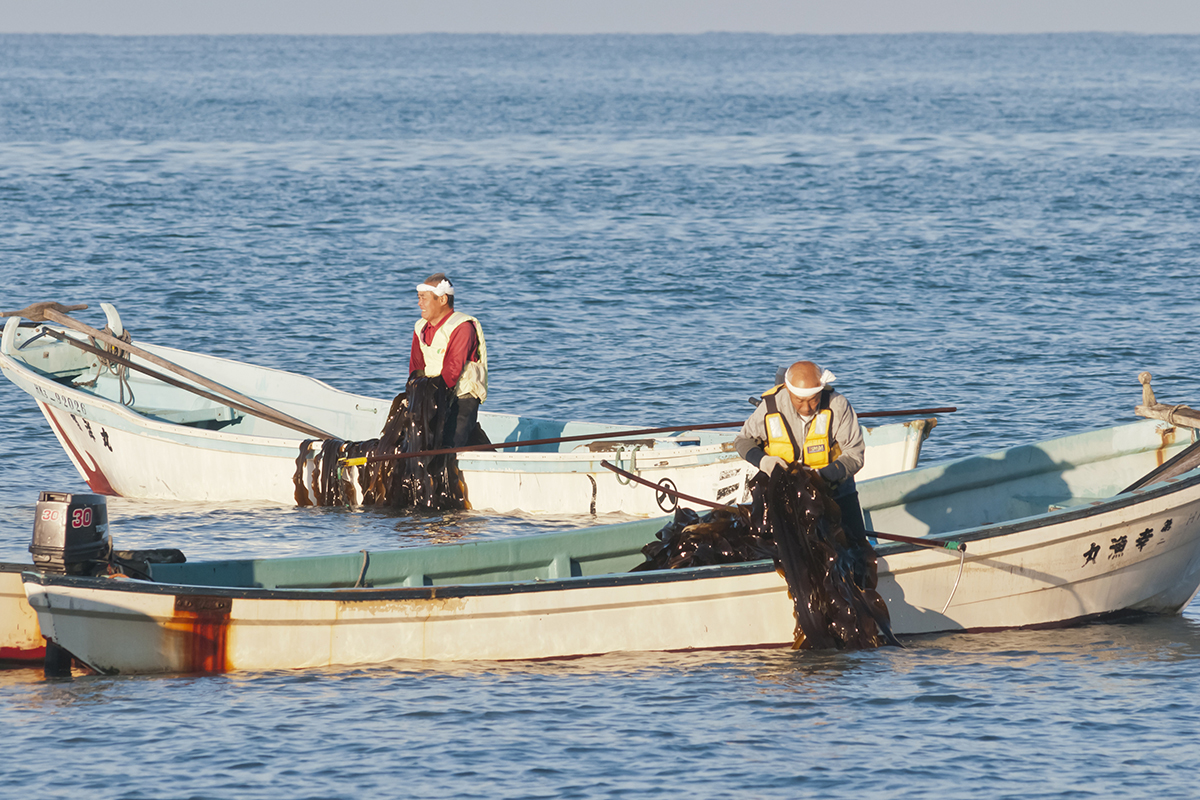
According to the Hokkaido District Transport Bureau, the idea behind its adventure travel policy is to bring “four-directional” win-win benefits to travel agents, travelers, regional communities and the environment. This policy aligns well with the 2023 summit theme of “Harmony” and serves as a reminder to look beyond our individuality and place higher value on our community as a whole. To this end, ATTA is partnering with Japanese organizations to create a sustainable ecosystem of nature, communities and economies.
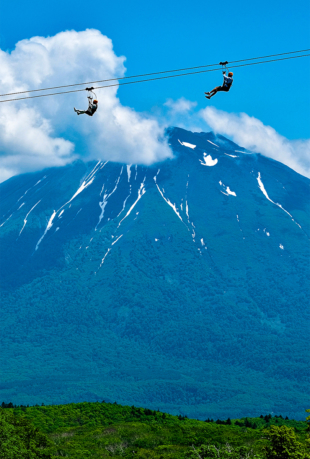
As an active participant in the summit, KNT-CT Holdings is showcasing its adventure travel programs through a two-day culinary cycling tour in the Hidaka region of southern Hokkaido. Along the way, participants will learn about the region’s kelp culture, harvest kelp and eat regional specialties with options to try kaiseki ryōri (a traditional multicourse meal), attend a networking dinner with local residents, or visit an izakaya (Japanese pub).
Participants will also have opportunities to learn about the range of adventure travel options in each region. While Niseko is mostly known for its skiing, the area also offers hiking, hot spring resorts, cycling and mountain biking. It is also home to the Mega Zipline, a series of three zip lines including the Mach 3, which at 1.7 kilometers ranks as one of the world’s longest and reaches speeds in excess of 110 kph.
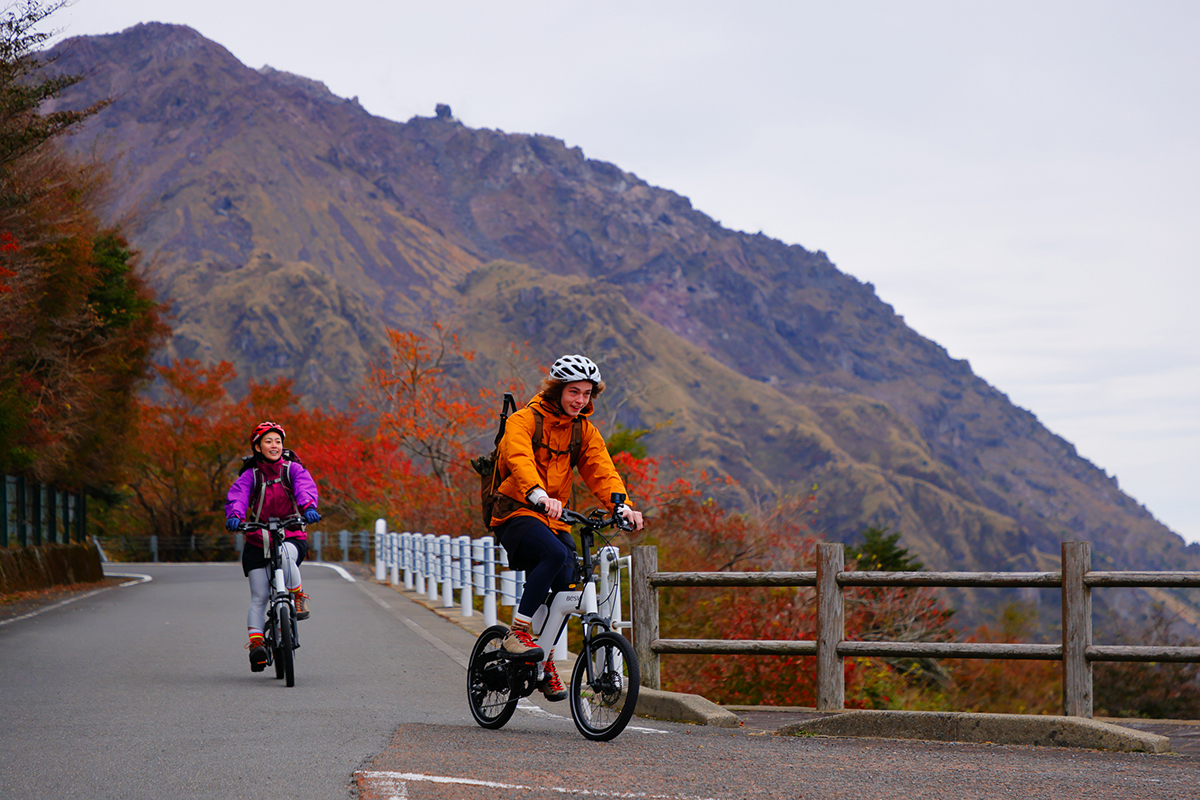
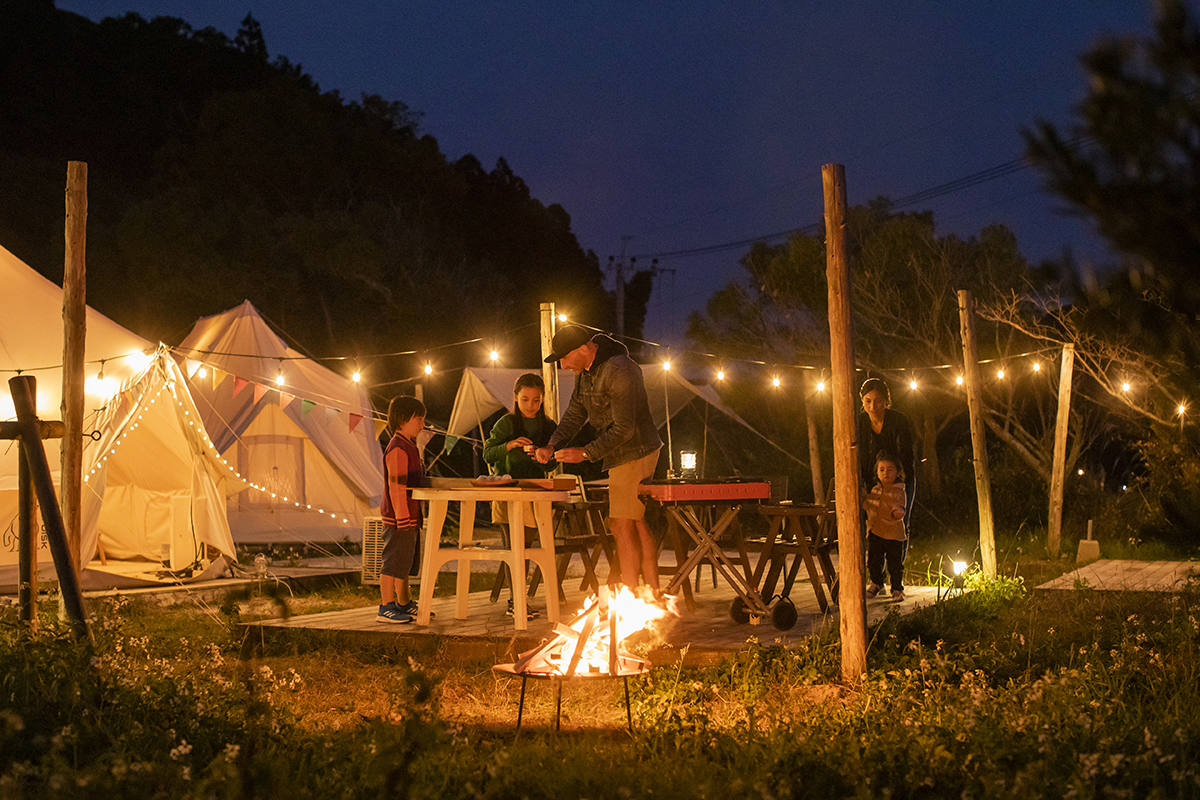
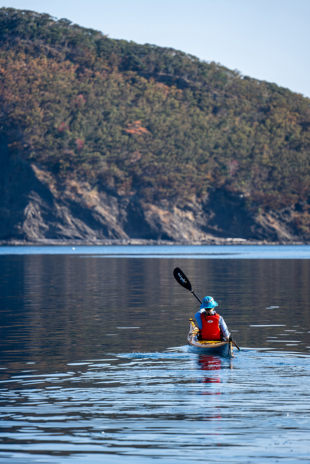
The Nagasaki Prefecture Tourism Association is introducing culture- and nature-oriented adventure programs in four distinct regions. Travelers can traverse volcanic heights and lush terraced fields in Unzen, discover Hirado’s rich heritage as a trading center, experience Tsushima’s historical significance and explore the Goto Islands’ unique geology and vibrant camellias while biking, trekking and kayaking.
Summit participants are expected to return home with a greater appreciation for Hokkaido, and Japan as a whole, as an adventure travel destination and with stronger networks linking them to industry leaders around the globe. These connections will empower them to curate adventures that will create a sustainable ecosystem where nature, communities and economies thrive in unison, not at the expense of one another.
Visit https://events.adventuretravel.biz/summit/hokkaido-2023 for more information about the event.




